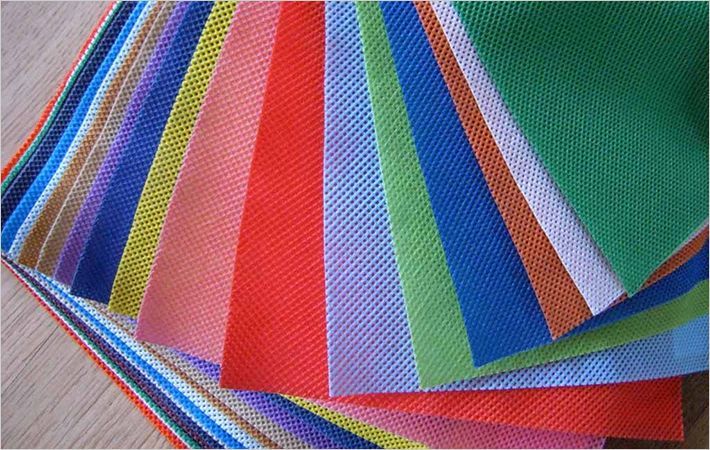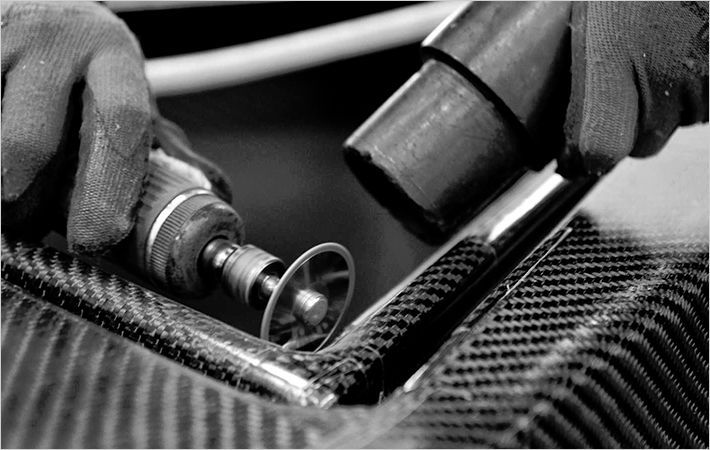The Herty Advanced Materials Development Center (Herty), an applied research center of Georgia Southern University, has launched a new Advanced Chemical Processing (ACP) pilot facility.
The new pilot facility allows Herty to expand its research programs and client services to those companies seeking to develop and test new advanced materials required in today's international and increasingly competitive markets. Applications range from the development of active fibres for water filtration, nutraceuticals, and the production of biomaterials for automotive and aerospace parts.The Herty Advanced Materials Development Center (Herty), an applied research center of Georgia Southern University, has launched a new Advanced #
The new ACP at Herty allows the development, testing, and production of a wide range of advanced specialty and high performance materials, like nanocrystalline cellulose – an exceptionally strong, low-cost, renewable composite material that has multiple applications in the automotive and aerospace industries. It also enables Herty to process a wide variety of materials from minerals to polymers for industrial, nutraceutical and pharmaceutical applications, as well as for pulp bleaching, according to a press release.
Dr. Alexander A. Koukoulas, president & CEO said, “We listened to our industrial partners and engineered this new pilot facility to meet their future needs for material and chemical processing. The scale and flexibility of this system is second to none and it integrates well with our extensive in-house capabilities. It provides our partners and clients with a unique platform for accelerating the pace of new product development in a number of growing industrial sectors, including biomaterials and discrete manufacturing.”
Dr. Omar F. Ali, director BioProducts said, “With our newly-designed facility and our expertise in processing this renewable material for multiple purposes, we are poised to help industry partners produce these advanced materials for a variety of current and next generation industrial needs.”
The ACP pilot area will also produce bio-based polymers, such as lignin, which can be used to produce low-cost carbon fibre. It will also be used to prepare advanced polymer systems that can be used in 3-D printing applications. The ACP pilot facility, we will be able technology developers to produce master batch quantities of materials used in a range of 3-D printing platforms. (GK)
Fibre2Fashion News Desk – India

